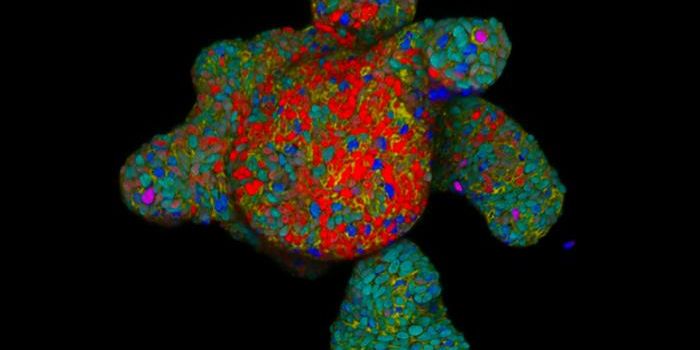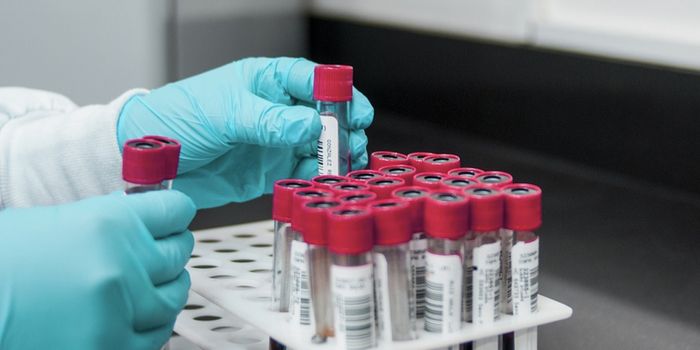A Biomarker for Multiple Sclerosis Severity is Discovered
Researchers have identified the first biomarker of multiple sclerosis (MS) severity, which was revealed after an assessment of genetic data from over 22,000 MS patients. This genetic variant is linked to a more rapid progression of the disorder, which can cause disruptions in mobility that get more severe over time. The findings have been reported in Nature.
MS is a neurodegenerative disease in which the immune system attacks tissue of the central nervous system, which causes acute flares, relapses, and chronic issues. Although some medications can help treat relapses, drugs cannot prevent the long-term problems that can arise.
When a patient inherits two copies of this variant, one from each parent, their need for a walking aid is advanced by nearly four years, said co-senior study author Professor Sergio Baranzini of the University of California San Francisco.
Although there are known genetic factors that can increase a person's risk of MS, they are primarily linked to the immune system. However, none of these genetic factors can explain why some MS patients have to use a wheelchair when other patients can run marathons within ten years of diagnosis, noted Baranzini.
In this study, the researchers performed a genome-wide association study (GWAS), which finds connections between very small changes in the sequence of the human genome and the likelihood of certain diseases. The researchers used data from more than 12,000 MS patients to find variants that were associated with the severity of the disease. Of seven million genetic variants that are commonly found, there was one that was linked to more rapid disease progression. The findings were confirmed in another 10,000 patients. When a person inherited two copies of this variant, the disease progressed even faster.
This variant is located between two genes called DYSF and ZNF638, neither of which has been connected to MS before this. DYSF is involved in the repair of cell damage, which ZNF638 is related to viral infection control. This study has shown that they may also be linked to MS.
"These genes are normally active within the brain and spinal cord, rather than the immune system," said lead study author Dr. Adil Harroud. "Our findings suggest that resilience and repair in the nervous system determine the course of MS progression and that we should focus on these parts of human biology for better therapies."
A statistical analysis suggested that years of education and parental age can reduce MS severity, while smoking increases it.
While the resilience of the brain to injury can affect the severity of diseases like MS, this data has revealed more about the processes behind that resilience, said co-senior study author Professor Stephen Sawcer of the University of Cambridge.
However, a lot more research will be needed to show how these genes and variants are related to the nervous system and MS.
"This gives us a new opportunity to develop new drugs that may help preserve the health of all who suffer from MS," added Harroud.
Sources: University of Cambridge, Nature









